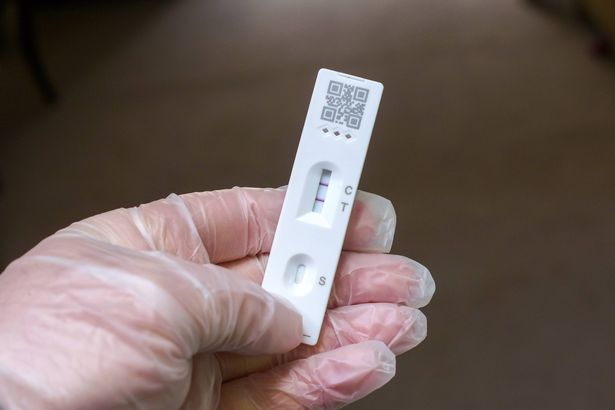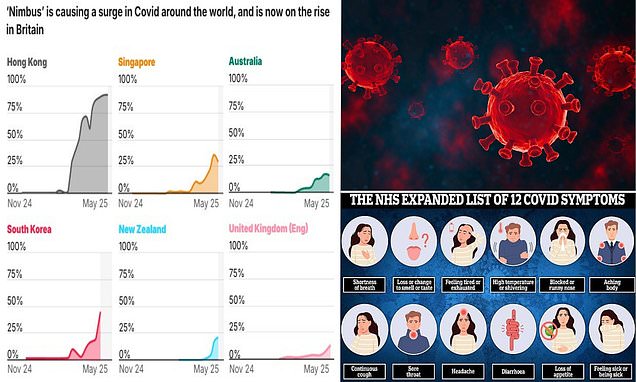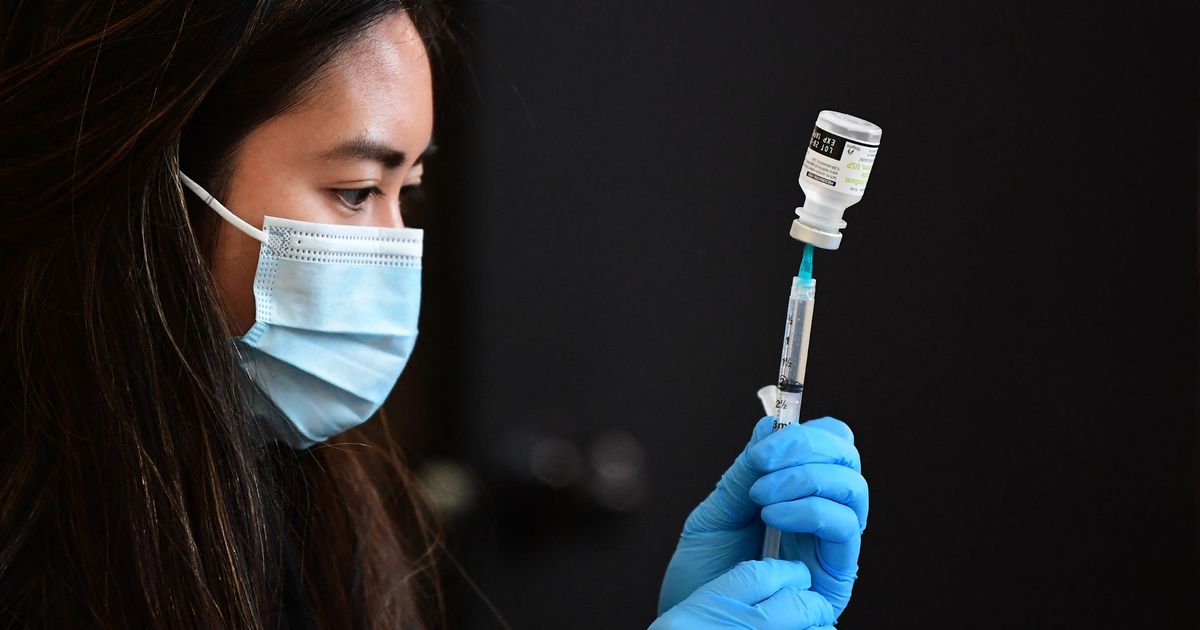A new Covid strain known as NB.1.8.1 has been detected in the UK and is believed to be a descendant of the Omicron variant – here are the symptoms to look out for
A new Covid variant has arrived on UK shores, and it’s brought three unusual symptoms which may catch you off guard.
Even though we’re over half a decade into the pandemic, COVID-19 hasn’t gone away as it continues to spread its germs globally. New viruses frequently emerge due to their habit of mutating, just as the common cold has done for generations.
The newest Covid variant NB. 1.8. hit headlines because of how it has spread through multiple countries. It was first detected in January and is a descendant of the well-known Omicron variant.
According to the Health Protection Surveillance Centre (HPSC), the proportion of sequenced Covid samples linked to NB.1.8.1 has jumped from just 3.7%to 33.3% in the last five weeks.
The World Health Organisation (WHO) has classified NB.1.8.1 as a “variant under monitoring” due to its fast global spread.
It now accounts for more than 10% of sequenced Covid infections worldwide and is already the dominant strain in China and Hong Kong. The variant has also been detected in the UK, US and Australia, as well as a number of popular holiday destinations like Egypt, Thailand, and the Maldives.
“These factors could explain its rise in sequencing data.” However, she added: “But importantly, the WHO has not yet observed any evidence it causes more severe disease compared to other variants.”
Symptoms
Many of us are aware of the “classic” symptoms of a Covid injection, such as a cough, sore throat, an aching body and loss of taste or smell. However, there could be some lesser-known symptoms linked to the NB.1.8.1.
“Reports suggest symptoms of NB.1.8.1 should align closely with other Omicron subvariants,” Dr Herrero said. She added that gastrointestinal symptoms could occur in some cases.
As reported by The Independent, these could include:
- Diarrhoea
- Constipation
- Nausea
This could mean that it is easier to mistake a Covid infection for a different illness. But Dr Herrero added that this variant could also be accompanied by a sore throat, fatigue, fever, mild cough, muscle aches and nasal congestion.
What to do if you have Covid
While there are no longer any self-isolation mandates in the UK, the NHS recommends avoiding contact with others if you experience symptoms. It says you should try to stay at home and avoid contact with other people if you or your child has symptoms and either:
- Have a high temperature
- Do not feel well enough to go to work, school, childcare, or do your normal activities
You can go back to your normal activities when you feel better or do not have a high temperature. But if you test positive, you should:
- Try to stay at home and avoid contact with other people for three days after the day the test was taken if you or your child is under 18 years old – children and young people tend to be infectious for less time than adults
- Try to stay at home and avoid contact with other people for five days after the day you took your test if you are 18 years old or over
- Avoid meeting people who are more likely to get seriously ill from infections, such as people with a weakened immune system, for 10 days after the day you took your test
For the latest breaking news and stories from across the globe from the Daily Star, sign up for our newsletters.









